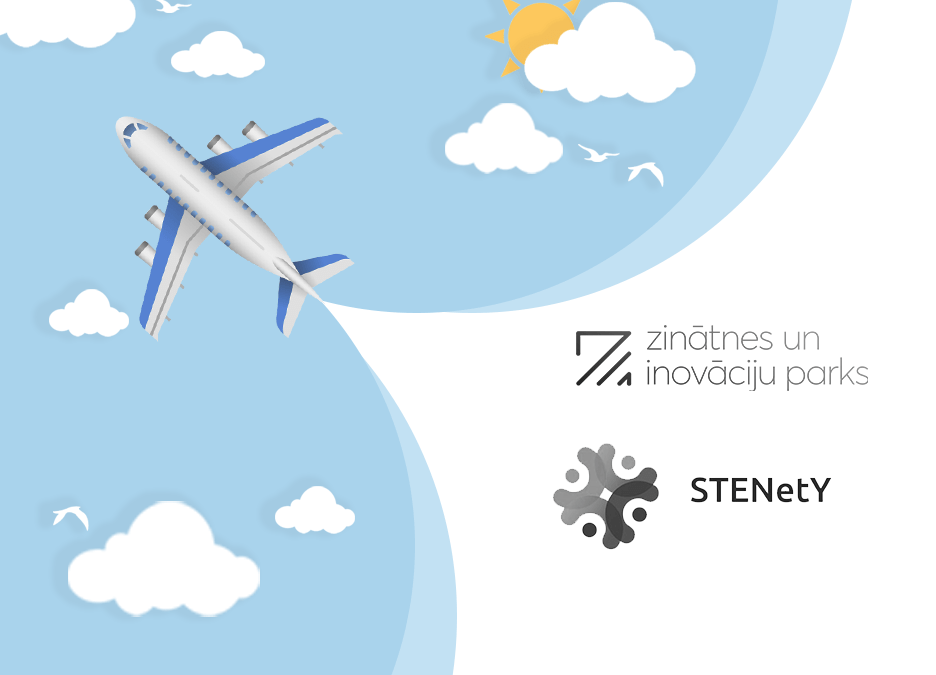The project organized a workshop on the promotion of sustainable tourism
development in the Baltic regions. The purpose of the workshop was to inform and
educate Latvian, Lithuanian and Russian participants with at least the basics of
sustainable tourism. The participants of the workshop were representatives of various
schools, universities and industries.
The main task of the workshop was to develop guidelines that can be used to create
sustainable tourism facilities around the world. Introduction was led by the foundation
“Science and Innovation park” team members. Next, the teacher provides an insight
into Liepaja's tourism and examples of how Liepaja makes the city greener, more
sustainable and healthier for locals.
Workshop involved participants to participate in group activities to exchange
experience and knowledge surrounding sustainable tourism. The participants
communicated with each other, created solutions using the main recommendations of
the workshop organizers in the development of sustainable tourism objects. The
groups were encouraged to promote a new ecology education program. They
promoted the development of eco-tourism through new workshops, seminars and
lectures.
The workshop organizators with participants agreed to multiple suggestions that
local citizens need to be educated on all levels about the place they are visiting.
Providing readable informative materials in the territory. Another proposal from
participants is a solution for any touristic place to focus on digital marketing and
promotion that would attract even more tourists with opportunities to participate in
organized activities around the territory.
Lastly, conclusions of the workshop attempted to promote additional ideas to be
developed in Latvian Gaujas national park and Lithuanian European central museum.
Main focus was on educational materials for primary and secondary students and
activities within the territories of both touristic places. During the analysis participants
identified that both lacked a modern informative approach for educating and engaging
locals into daily life of sustaining the areas. There should be a specific small office
that casually creates events or activities for citizens or tourists to take part in all
seasons.
Additionally the workshop identified the lack of branding in both touristic objects.
There should be a larger focus on crowdfunding additional projects for all sustainable
tourism object creation with locals voting for the best solutions that would give an
opportunity for communities to become closer to developing their heritage.
The workshop was informative, educational and allowed to exchange opinions
with different Baltic regions participants. Workshop managed to establish excellent
cooperation to achieve a common goal – the development of sustainable tourism.

